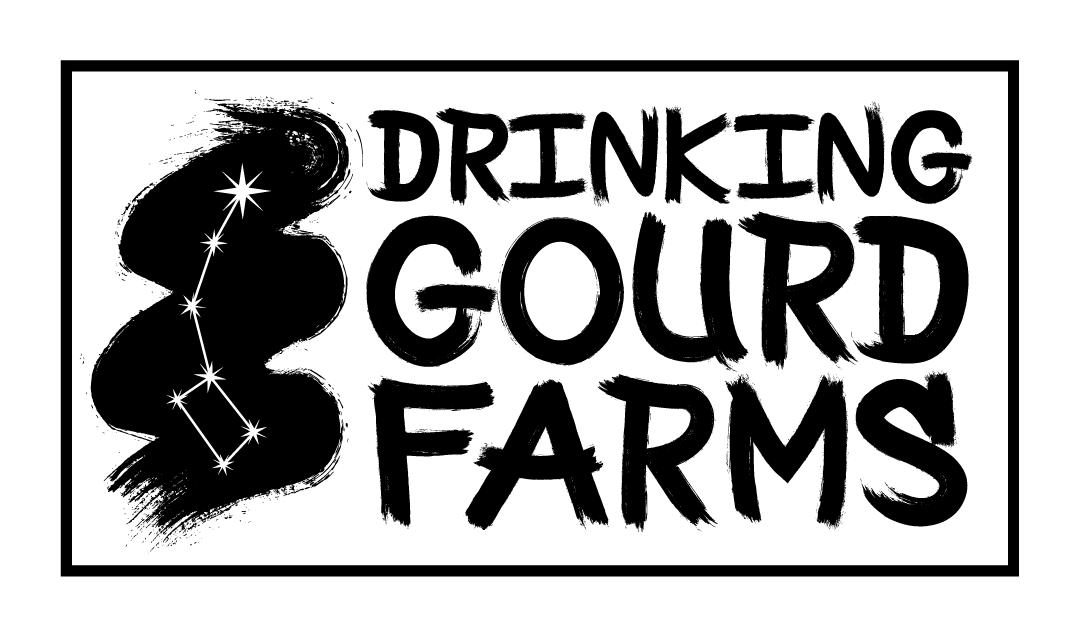COVID Response
In response to COVID-19, we are meeting the critical need for food for those Black people most at-risk (elders, houseless folks, people with pre-existing health issues, and poor people) by delivering free food boxes full of fresh organic fruits and vegetables grown by Black farmers, halal meats, and farm fresh eggs to Black families. In 2020, we supported over 4,600 Black families - predominantly African Muslim refugees - through our weekly food distribution program.
We are also expanding gardens and farms so Black people have long term sustainable access to healthy food that is independent of the food system. So far, we have more than 25 active sites spanning more 12 acres within our neighborhoods. Our decentralized and democratized approach to developing an alternative to the industrialized food system means that we focus on intersectional collective liberation, as well as readily available food sources during a time shelter-in-place and quarantines.
It's clear that the impacts of this pandemic are not getting better. Instead we are transitioning to a "new normal." In the coming months, more poor people will be faced with the choice of buying food or paying rent and summer utilities. That means our food distribution program is expected to grow every week. It also means that we have to expand farm sites and provide additional infrastructure to existing sites in order to continue to grow larger crops into the summer months. But most importantly, we have to expand our political education and community outreach through our leadership model.
Due to language and literacy differences, in the age of COVID-19 social distancing we are creating and adapting our tools, curriculum, and resources to meet the needs of our leaders, members, and communities. This means storytelling from our members through videos to be distributed in Somali via What’s App group message, Ethiopian via Facebook Group, and English via YouTube. Additionally, we are increasing our dissemination of information about the inequities of the food system through an intersectional lens in a variety of languages and methods. We also provide tools for healing and wellness as well as technical support for growing/raising food to our members – most of whom are new or returning generation growers.




